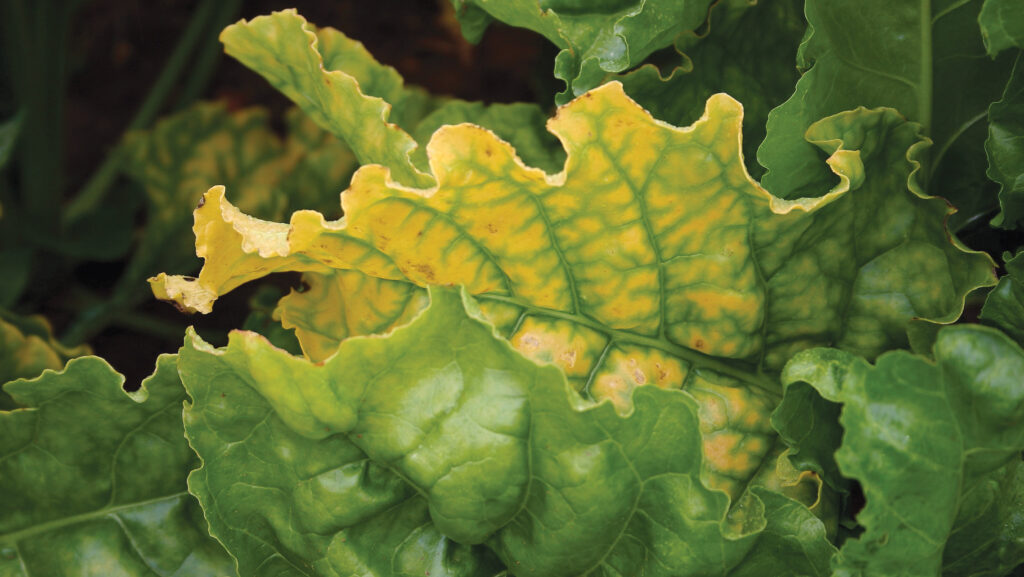Defra denies request for neonics use on sugar beet
 © Blackthorn Arable
© Blackthorn Arable An emergency application for the use of a neonicotinoid pesticide on sugar beet in England has been denied by the UK government, in another crushing blow to farmers from the government.
The NFU and British Sugar made the joint application for the emergency use of Syngenta’s Cruiser SB neonicotinoid seed treatment on sugar beet crops in England for 2025 to control aphids carrying virus yellows disease.
See also: Defra moves to impose total ban on neonicotinoids
The virus can devastate beet crops if it is not controlled and result in yield losses of more than 50%.
Despite this threat, Defra refused the application citing “clear and abundant” evidence that neonicotinoids can be toxic to pollinators, including bees.
This is the first time in five years that an emergency authorisation of Cruiser SB – which contains the neonicotinoid thiamethoxam – has not been approved for use on sugar beet.
The previous Conservative administration gave its approval for the seed treatment’s emergency use on beet crops every year during the last parliament.
Now under Labour government control, Defra said even doses that are not directly fatal to bees can cause cognitive problems impacting foraging abilities and the productivity of hives.
“This government is committed to protecting bees from toxic neonicotinoid pesticides, while working with our farmers to find new ways to protect crops and support a profitable farming sector,” said environment minister Emma Hardy.
She added that the UK government recognises the threat that virus yellows can pose to sugar beet growers, and they will continue to support industry to develop alternatives to neonicotinoids on sugar beet that are effective at high levels of yellows virus infection.
Industry dismay
The decision was met with disappointment from British Sugar agriculture director, Dan Green.
“We have written to Defra seeking immediate support in the form of a virus yellows resilience package to mitigate any threat posed by a high virus yellows year for this crop and help us move at pace on some of the workstreams and trials in our VY [virus yellows] pathway.”
This decision also leaves the UK in conflict with its own trade policy, he noted.
“There is continued tariff free access to the UK market for sugar which has been grown with neonicotinoid plant protection products, undermining our homegrown industry and British sugar beet growers,” said Mr Green.
NFU Sugar Board chairman Michael Sly, also expressed grave concerns over the decision.
“As a result of not having this emergency application granted, growers will not have a single viable solution to protect their crop in 2025 in the event of severe disease pressure,” he said.

